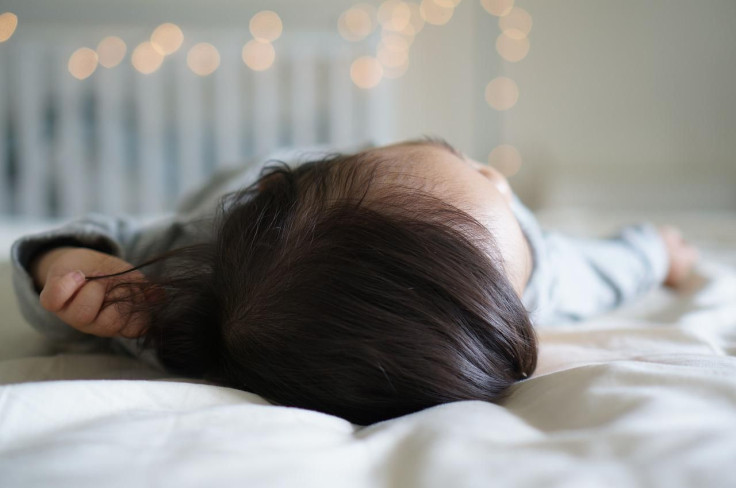This Childcare Habit May Be Causing Disruptions In New Parents' Sex Life
KEY POINTS
- Researchers looked into various aspects of parents' sleep and their sexual activity
- Visiting their infants at night may be affecting the sexual frequency
- Those who visited their babies more at night had sex 50% less often
What is it about caring for a newborn that affects the sex life of new parents? People often think it's tiredness and the lack of sleep, but it may actually be parents' engagement with their babies at night, researchers have found.
New parenthood can be a joyous and rewarding experience, though it also often comes with exhaustion and a lack of proper sleep. Another area that experiences a shift during this post-partum period is couples' sex lives.
"Recent longitudinal research has documented decreases in biological mothers' sexual desire, increases in their sexual distress, and decreases in couples' sexual function from pregnancy to 3-months postpartum, with improvement in these domains between 3 and 12 months postpartum," the researchers wrote in their study, published in The Journal of Sex Research.
The reasons may include hormonal changes, psychological conditions and the increase in responsibilities that come with childcare, the researchers said. However, one of the "most common" reasons that parents state behind their lack of sexual activity is fatigue, which they say isn't surprising given how the postpartum period affects parents' sleep.
The researchers looked at the relationship between sexual activity and various aspects of sleep among parents of young infants. As part of the study, 897 parents, with infants 1 to 18 months old, completed a survey about their "sexual frequency and satisfaction, sleep, relationship satisfaction, depression and demographic characteristics." Researchers also studied infant sleep patterns and parents' nighttime visits through baby monitoring devices, Flinders University noted in a news release.
Interestingly, it's actually parents' nighttime crib visits that affect their sex life, with those who visited their babies more at night having "significantly lower" sexual frequency.
Specifically, those who engaged with their infant at night 0 to 0.5 times reported having partnered sexual activity an average of 4.2 times a month. On the other hand, those who engaged with their babies more than four times a night had 50% less sex, noted Flinders University. Other factors were not "significantly linked."
"While fatigue has been the most highly endorsed reason for the decline in partnered sexual activity frequency, our findings suggest that neither infant nor parent sleep disruption per se are significantly associated with this decline," the researchers wrote. "Rather, parent nighttime crib visits, which suggest both the fragmentation of parent sleep, and parental nighttime engagement with the infant (e.g., picking up, soothing), were found to be associated with less frequent sexual activity throughout the first 18 months of postpartum."
More research is needed to delve deeper into the topic, they said, adding that future studies may also explore whether interventions on parental involvement at night may work in addressing both the parents' and the babies' sleep, as well as the recovery of the parents' sexual activity.
"While young infants require lots of external regulation to fall asleep, most infants can gradually learn to regulate themselves to sleep across the second half of the first year," said Dr. Michal Kahn of Flinders University, who was one of the study authors. "As sexual and sleep health both have a major impact on well-being, parents wishing to restore their sleep and sexual activity can gradually encourage more independent infant sleep."

© Copyright IBTimes 2025. All rights reserved.






















